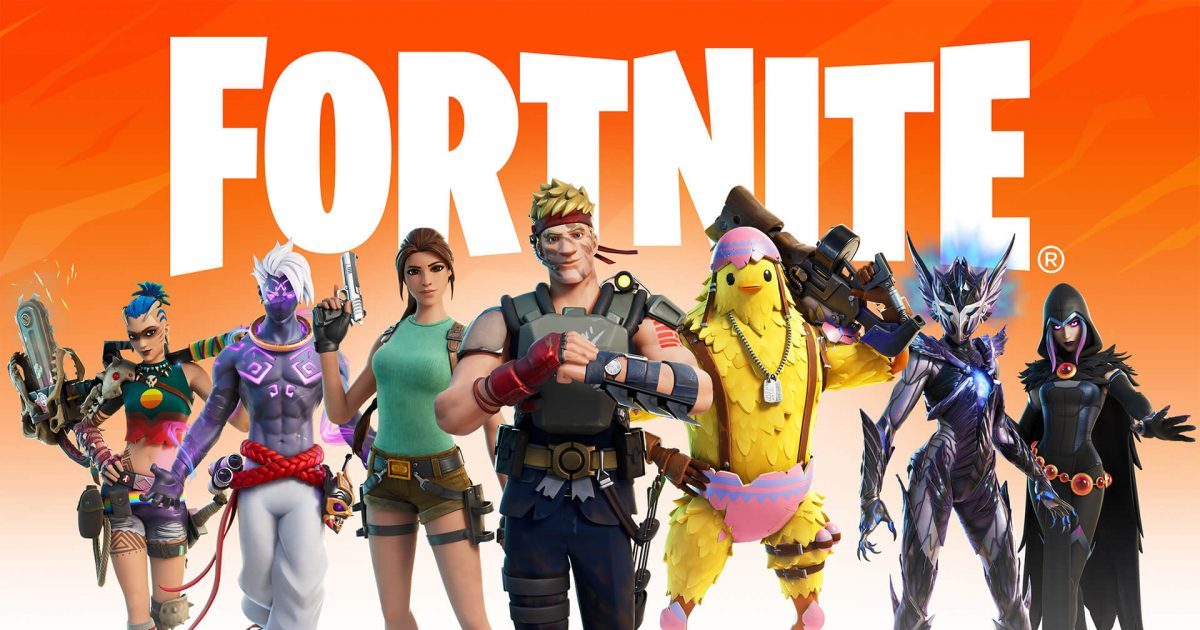Developer of Fortnite, Epic Games has settled two cases for a record $520 million. Both complaints were filed at the Federal Trade Commission (FTC), which alleged the company’s child privacy violations and tricking “Fortnite” players into making purchases.
[Update: March 18, 2023; FTC has voted 4-0 to finalize the complaint and order against Epic Games approving the $245 million fine for using dark patterns in Fortnite forcing players to make purchases. The second $275 million payout is yet to be approved.]

In the past few years, Epic Games has painted itself as the voice of the consumers and developers against Apple App Store rules which limit consumers’ choices and increase the cost of in-app purchases.
The developer has been demanding that the tech company permits sideloading, third-party app stores on iOS to distribute apps and use their own payment system outside of the App Store to bypass the 30% in-app purchases commission.
Apple has vehemently objected to sideloading arguing that it will undermine users’ privacy and security. Now, these huge settlements show Epic Games harm consumers instead of Apple.
Epic Games settles cases accusing of collecting minors’ data and using dark patterns to sell in-game items
According to Wall Street Journal, FTC has confirmed that the developer has settled two civil complaints for record-breaking, which accused it of violating young players’ privacy and using shady tactics to sell in-game items and perks.
One, filed in federal court, alleged the company violated the federal Children’s Online Privacy Protection Act by collecting personal information from “Fortnite” players under the age of 13 without notifying their parents or obtaining verifiable parental consent.

The report details that Epic Games will pay $275 million to settle the case over violating children’s online safety and enabling real-time voice and text chat for players under 13 years of age which exposed them to bullying, threats, and harassment which caused “dangerous and psychologically traumatizing issues such as suicide.”
The second settlement is for $245 million to resolve the case over the company’s use of dark patterns which trapped players “into making unintended purchases” like making it difficult to cancel paid service, find refund and cancellation features, and locking accounts which disputed charges and threatening them of lifetime bans.
FTC said that those “tactics led to hundreds of millions of dollars in unauthorized chargers for consumers.”
These cases are the personification of all the concerns Apple raises related to sideloading on iOS and prove that Epic Games is not the messiah for consumers and developers it pretends to be.


